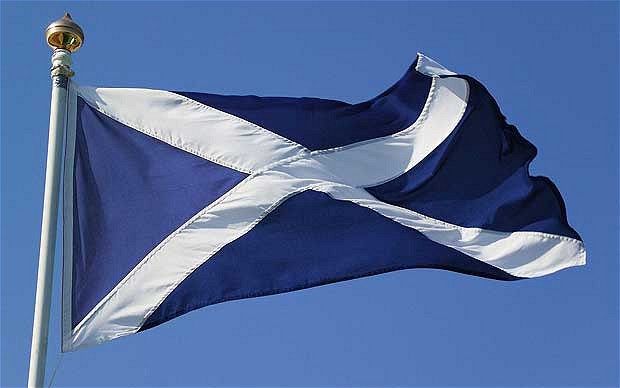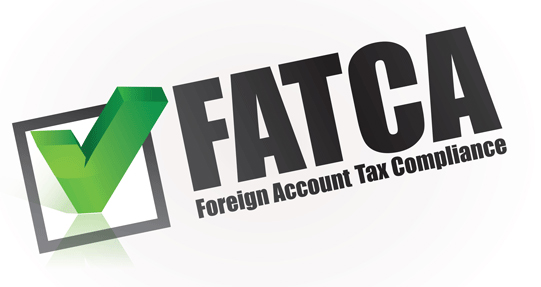Monday, 15 June, 2015
HM Revenue & Customs has published technical guidance to determine who will have to pay the new Scottish rate of income tax starting in April 2016.
The Scotland Act 2012, which introduces the tax, itself purports to define Scottish taxpayer status. However some of the terms used are not closely defined in the act and so more detailed guidance is needed to determine cases where there may be a dispute – that is, where the taxpayer has a second home in the UK, or has moved residence during the year.
The main criterion in this case is the ‘main place of residence’. UK residents will be Scottish taxpayers if either of two conditions holds: either they have a ‘close connection’ to Scotland through having their ‘main place of residence’ in Scotland for at least as much of the tax year as it has been in another part of the UK; or through day counting – that is, if the individual spends at least as many days in Scotland as elsewhere in the UK.
As the legislation does not define ‘place of residence’, HMRC says it must be ‘given its ordinary meaning’. Ultimately, this will depend on the facts of the individual case, and on existing case law. ‘Residence’ must be a place where the individual has actually lived, but ‘a degree of permanence or continuity’ is required to turn occupation into residence. Staying as a guest at the house of a friend from time to time will not make it a place of residence. However, ownership by the taxpayer is not a necessary criterion; rented or work-provided accommodation, even in a mobile home can be where an individual habitually lives, though the place of work itself is not relevant to Scottish taxpayer status.
The definition of ‘main place of residence’ as set out by HMRC is also elastic. ‘A main place of residence is the place of residence with which the individual can be said to have the greatest degree of connection. It is not necessarily the residence where the individual spends the majority of their time, although it commonly will be. What constitutes a ‘main place of residence’ is a matter of fact and all of the facts and circumstances of the particular case must be considered to arrive at a conclusion’, according to the guidance.
The guidance also asserts that private residence relief from capital gains tax may also be of relevance to interpreting ‘residence’ in the context of Scottish taxpayer status. However, it does not state explicitly that the location of the taxpayer’s nominated principal private residence will automatically make them a Scottish (or non-Scottish) taxpayer.
It recommends that taxpayers keep a whole host of records to determine their Scottish tax status, although it stresses that ‘no one piece of evidence will demonstrate the existence of a place or main place of residence’.
‘HMRC will consider the weight and quality of all the evidence as, taken together, a number of pieces of evidence may be sufficiently strong to establish a place or main place of residence’, it says.
- The guidance also states that the status of Scottish taxpayer applies for the whole of a tax year; and that members of the Scottish parliament are automatically Scottish taxpayers.
Source: STEP




